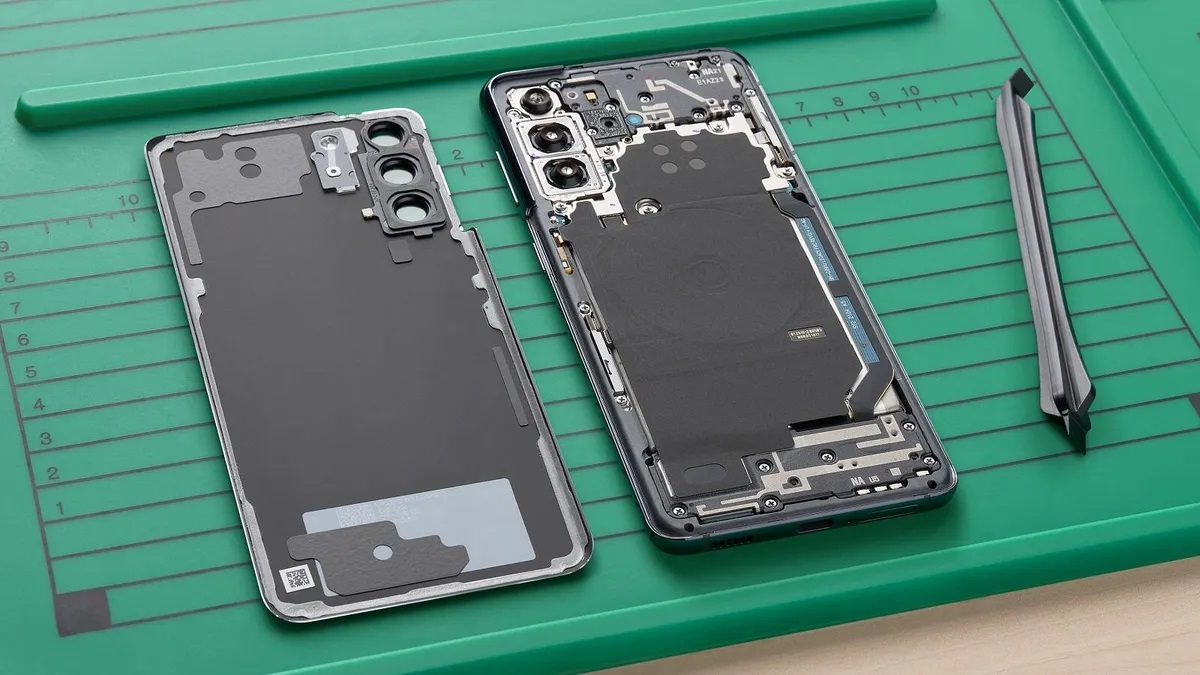Google has recently issued an open letter expressing its support for the pending Oregon right to repair legislation. The letter, authored by Steven Nickel, the Devices and Services Director of Operations, describes the proposal as “a compelling model for other states to follow.”
Key Takeaway
Google has voiced its support for Oregon’s right to repair legislation and emphasized the need for accessible and inclusive repair practices, aligning with its broader sustainability goals.
Google’s Sustainability Goals
In addition to voicing its support for the legislation, Google has released a white paper that aims to align repairability claims with its broader sustainability objectives. The company also highlighted its existing device longevity promises, including the seven years of software support guaranteed for its flagship Pixel devices.
Progress of the Right to Repair Movement
The right to repair movement has been gaining significant momentum in recent years. California, New York, and Minnesota have already passed right to repair bills, and at least 10 other states have similar legislation in progress. Notably, Apple surprisingly backed the right to repair bill in California.
Challenges and Criticisms
The sponsor of the new bill, Senator Janeen Sollman, has criticized Apple’s efforts to limit the scope of Oregon’s proposal, particularly its reliance on proprietary parts. Senator Sollman has emphasized the need for true accessibility and control in the right to repair legislation.
Apple’s Practices and Concerns
Apple’s use of proprietary parts has raised concerns, as new batteries, replacement screens, and other components can trigger warning messages or malfunctions if not recognized by the device. The company’s software control over iPhones has been a point of contention, with some components being coded to only function with original parts.
Google’s Stance on Repair Accessibility
Google has emphasized the importance of easy and accessible repairs for all individuals, whether they are professional technicians or DIY enthusiasts. The company advocates for designing products that facilitate simple, safe, and accurate repairs by anyone, which it refers to as “design for serviceability.”

























